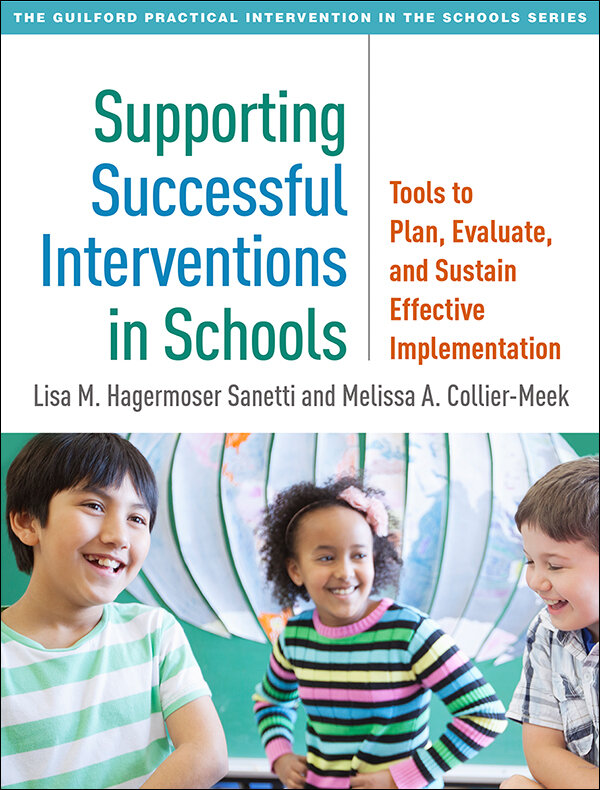
Resources
Read, download, and share resources about sustained practice.
101s for bite-sized chunks of sustained practice basics
Briefs for accessible summaries of sustained practice topics and research
Sustained Practice 101: Multi-Tiered Systems of Support
Multi-tiered systems support (MTSS) is a prevention framework designed to efficiently and effectively support all learners. All students access high-quality, robust curricula (Tier 1), with those at-risk receiving timely, targeted intervention (Tier 2), and students with ongoing needs receiving individualized practices (Tier 3). For MTSS to effectively support students, foundational practices (in Tier 1 & Tier 2) must be implemented with fidelity.
Sustained Practice 101: Individualized Education Programs
Schools are responsible for making sure students in special education actually receive the services, accommodations & modifications outlined in their IEPs. Learn about how to support sustained practice and individualized education programs.
Sustained Practice 101: Supporting Paraeducators
Paraeducators (or paraprofessionals) are critical partners in providing sustained practices to students, especially in special education. There is a mismatch between what we expect from paraeducators and the support they generally receive.
Sustained Practice 101: What Special Educators Need to Know
Ensuring special education practices are sustained across multiple educators is critical to improving outcomes and meeting IEP mandates.
Brief: Implementation Phases: What They are and Why They Matter
Implementation is a process, and by attending to implementation phases, school leaders can increase the likelihood that student needs will be met, staff will be ready and able to deliver the interventions, and the interventions will be sustained over time. The purpose of this brief is to provide an overview of the phases of implementation and how they can improve intervention initiatives in schools.
Sustained Practice 101: Questions Administrators Can Ask to Support Sustained Practice
Administrators can increase the likelihood of sustained practice by asking effective questions across phases of implementation. Effective questions can prompt thinking about adoption and implementation in ways that support sustained practice.
Sustained Practice 101: What Administrators Need to Know
When effective practices are sustained, students achieve better results, more quickly. Administrators can efficiently promote sustain practice by attending to process and context.
Sustained Practice 101: Moving Away From One-Size-Fits-All Support
Just like students - educators need different supports to be successful. High-quality training is a foundation for sustained practice - but it's just the first step. Educators need ongoing support to sustain practices and promote student outcomes.
Sustained Practice 101: Plan-Do-Study-Act
How do we keep up change over time? You can’t just hope! We need to monitor, support, and adapt. Plan-Do-Study-Act cycles are a way for school teams to promote sustained practice for the long haul.
Interested in learning more?
Get notified as we release resources related to sustaining practices in schools.
Evidence-based interventions benefit learners only when they are implemented fully. Yet many educators struggle with successful implementation. This unique book gives practitioners a research-based framework for working with PreK–12 educators to support the effective delivery of academic, behavioral, and social–emotional interventions. Step-by-step procedures are presented for assessing existing implementation efforts and using a menu of support strategies to promote intervention fidelity. In a large-size format for easy photocopying, the book includes 28 reproducible worksheets, strategy guides, and fidelity assessment tools. Purchasers get access to a Web page where they can download and print the reproducible materials.
“Should be a mandatory resource for any professional who provides, supports, or evaluates school-based interventions. Uniquely designed for trainees and practitioners of all levels, this book serves as a step-by-step guide for engaging in best practices associated with measuring, supporting, and evaluating treatment integrity. The valuable downloadable tools can be used repeatedly prior to, during, and following intervention implementation.”
— Matthew DuBois, PhD, NCSP, Department of Psychological Services, Public Schools of Brookline, Massachusetts
“Amid the understandable clamor for evidence-based interventions, the elephant in the room is the conspicuous lack of equal emphasis on supporting effective implementation. This book provides practical concepts and worksheets practitioners can use to put in place any of six strategies to increase fidelity. This book is the missing piece to successful implementation.”
— W. Alan Coulter, PhD, Director, TIERS Group (Teams Intervening Early to Reach all Students), Louisiana State University Health Sciences Center–New Orleans
“This book offers a practical guide to fostering successful implementation of interventions, with the goal of shifting student performance. It is an important contribution for professionals dedicated to putting evidence-based practices in place with integrity. Honoring the complexity of implementation, the book shows how to use feasible, efficient strategies during consultation and coaching to ensure—and sustain—intervention fidelity.”
—Kathleen Lynne Lane, PhD, BCBA-D, Department of Special Education, University of Kansas
“Sanetti and Collier-Meek offer an up-to-date, detailed description of how to provide effective consultation or coaching to implementers, with excellent visuals and helpful worksheets. The book is infused with the latest research on adult behavior change to assist in enhancing implementation of effective practices and troubleshooting common problems.”
—Kent McIntosh, PhD, Department of Special Education and Clinical Sciences, University of Oregon; Co-Director, OSEP Technical Assistance Center on Positive Behavioral Interventions and Supports





















